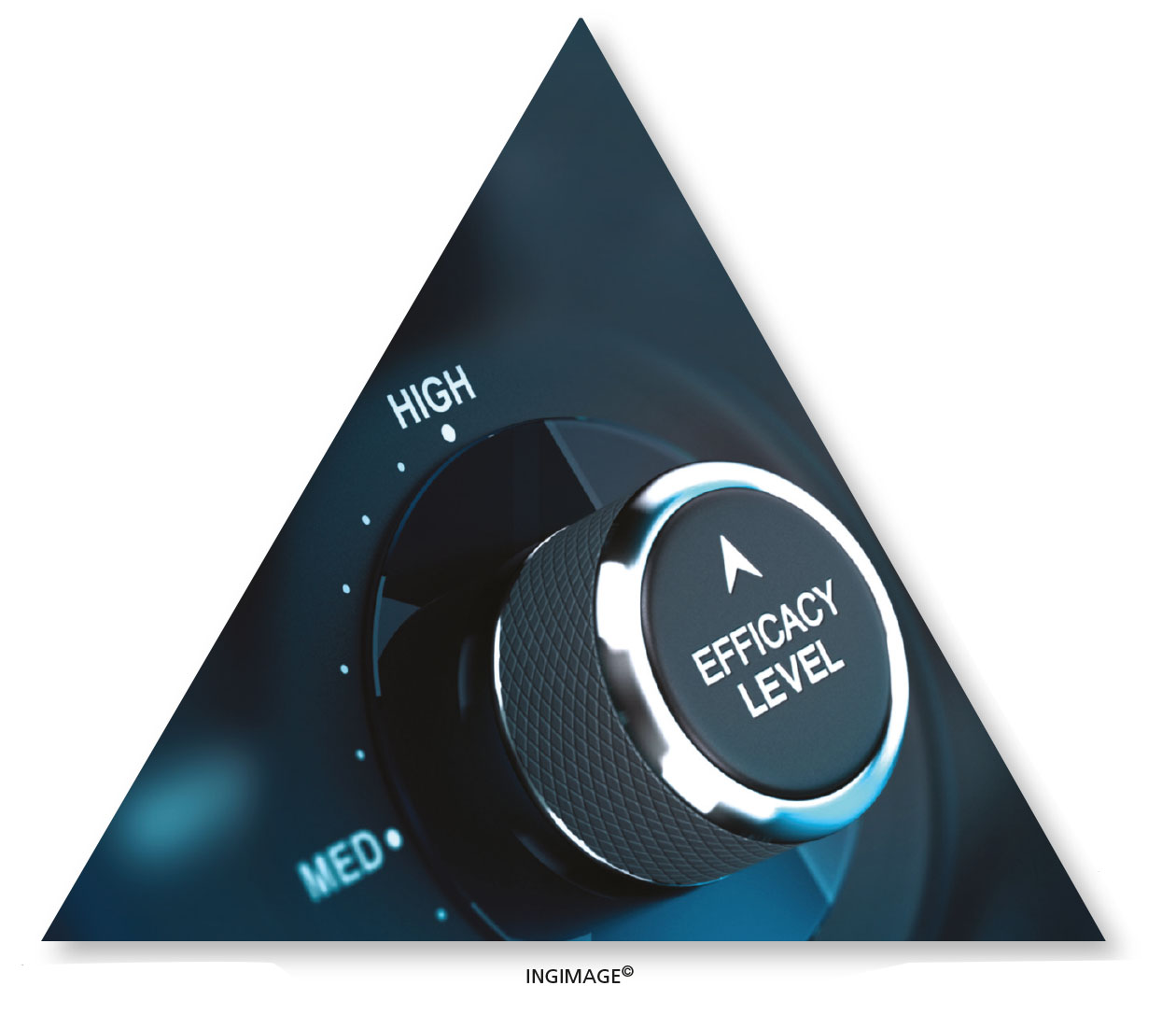PERFORMANCE APPRAISALS
ROLLING REVIEWS
Why annual appraisals aren’t effective
BY Jayashantha Jayawardhana
In 2002, Global HR Director of Colorcon Brian Jensen startled his audience of HR executives with the revelation that the pharmaceutical company had abandoned its annual performance appraisals. He said they’d discovered a more effective way of reinforcing desired behaviour and managing performance.
Supervisors were giving people instant feedback, tying it to an individual’s own goals and handing out small weekly bonuses to employees who they felt were doing good things.
Indeed, this flies in the face of a decades old HR practice. While it’s ideal, it is also impossible for a manager to keep track of his or her subordinates’ performance throughout the year, right down to the important details that are essential to making a fair evaluation of their performance and contribution to organisational growth.
What he or she is most likely to remember are the projects that headed south, much to the chagrin of clients and the management. And what goes without causing a ripple rarely makes it to the performance appraisal form.
Meanwhile, any negative event such as a complaint by an angry client or a positive matter such as feedback from a delighted client, which happens immediately before the performance appraisal, has a disproportionate impact on the evaluation. So the rule of thumb for employees is to be on their best behaviour in the few weeks before their appraisal.
Peter Cappelli and Anna Tavis in their article titled ‘Performance Management Revolution’ published in the Harvard Business Review (HBR) note: “The biggest limitation of annual reviews and the main reason more and more companies are dropping them is this – with their heavy emphasis on financial rewards and punishments, and their end of year structure, they hold people accountable for past behaviour at the expense of improving current performance and grooming talent for the future, both of which are critical for organisations’ long-term survival.”
“In contrast, regular conversations about performance and development change the focus to building the workforce your organisation needs to be competitive both today and years from now,” they add.
For global businesses with large staff numbers, annual reviews are a costly affair. A Deloitte manager recently described its annual performance evaluation as “an investment of 1.8 million hours across the firm that didn’t fit our business needs anymore.”
This is why tech companies such as Adobe, Juniper Systems, Dell, Microsoft and IBM; professional services firms like Deloitte and PwC; as well as major global businesses such as Gap, and even the mighty General Electric (GE) have replaced annual performance appraisals with frequent informal check-ins between managers and employees.
For tech companies, the inspiration for change came from the Agile Manifesto created by software developers in 2001. It stressed that principles such as collaboration, self-organisation, self-direction and regular reflection will work more effectively with the aim of prototyping more quickly, and responding in real time to customer feedback and changes in requirements.
Even if the Agile Manifesto wasn’t directed at performance per se, these principles changed the definition of effectiveness on the job, and ran counter to the customary practice of cascading goals from the top down and assessing people against them once a year.
As Cappelli and Tavis observe, “the tension between the traditional and newer approaches stems from a long running dispute about managing people: Do you get what you get when you hire your employees? Should you focus mainly on motivating the strong ones with money and getting rid of the weak ones? Or are employees malleable? Can you change the way they perform through effective coaching and management, and intrinsic rewards such as personal growth and a sense of progress on the job?”
It’s the real business needs such as that of people development, agility and the centrality of teamwork that drive today’s organisations to adopt frequent informal check-ins in lieu of annual performance reviews.
In essence, as an executive you have to pay more attention to performance management and consider it an ongoing process rather than an annual ritual. And since people development is crucial to performance management, you’ll have to redefine the role of your HR division to be in line with real business needs.
Inculcate a culture of learning and growth, formulate a strategy to measure the real contributions, and keep rewarding those in an effort to reinforce your team’s progressive attitude, proactive and dynamic nature, collaboration, knowledge sharing and innovation.
And last but not least, identify those who underperform but have the potential to grow further and devise a strategy to help them improve.







Leave a comment